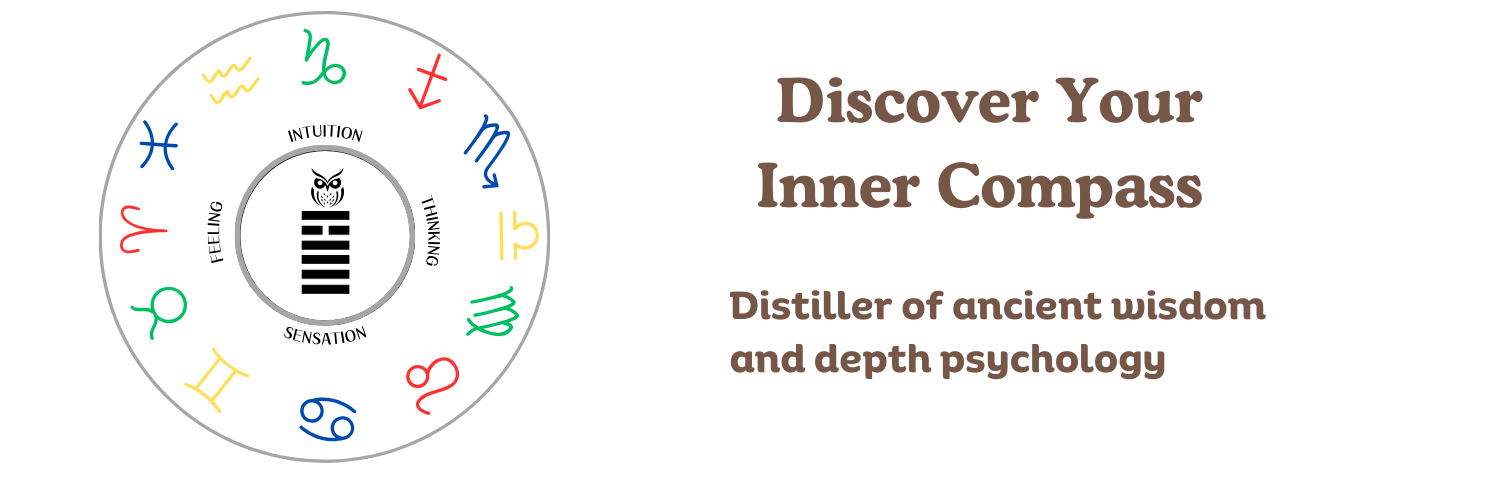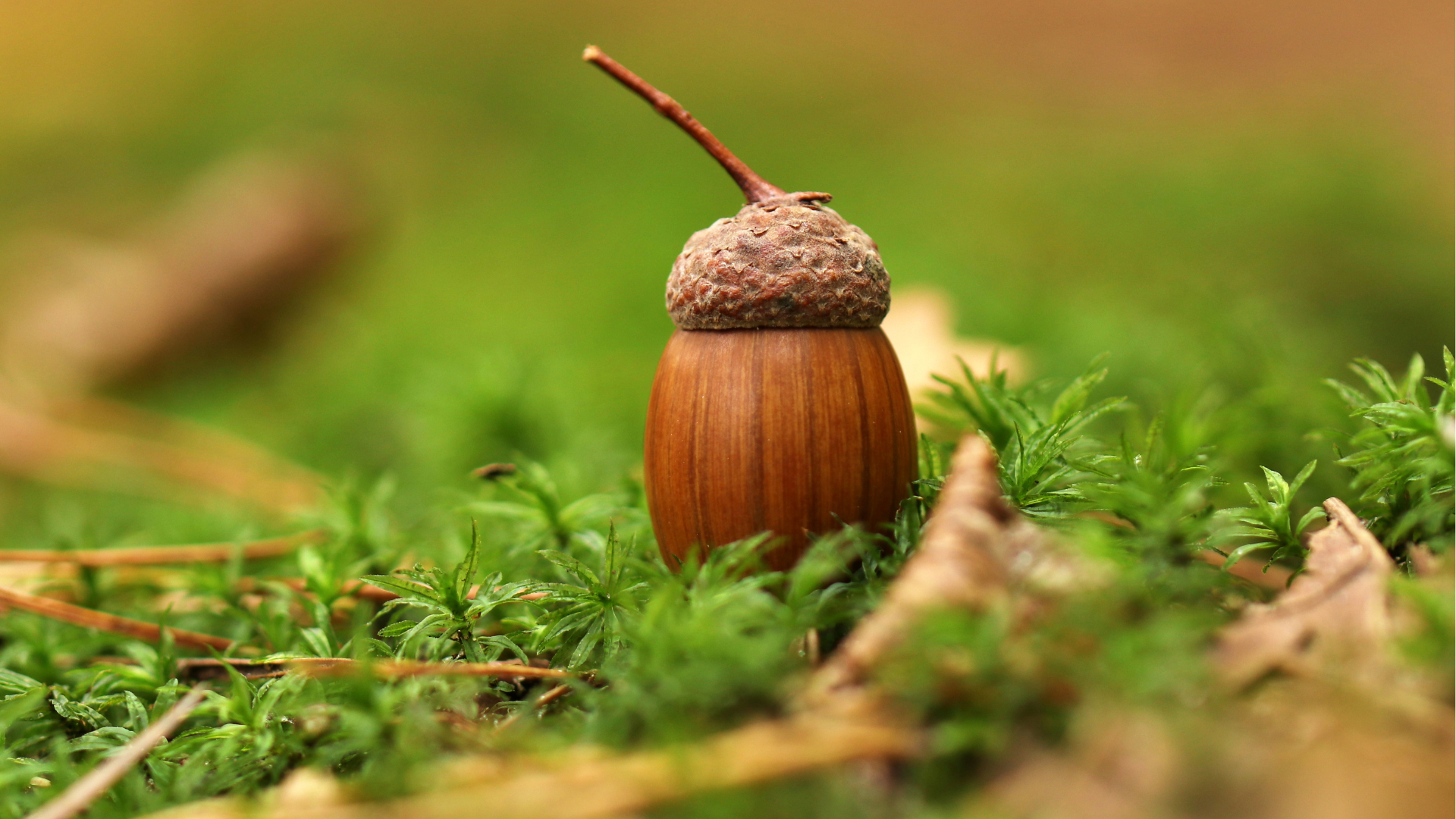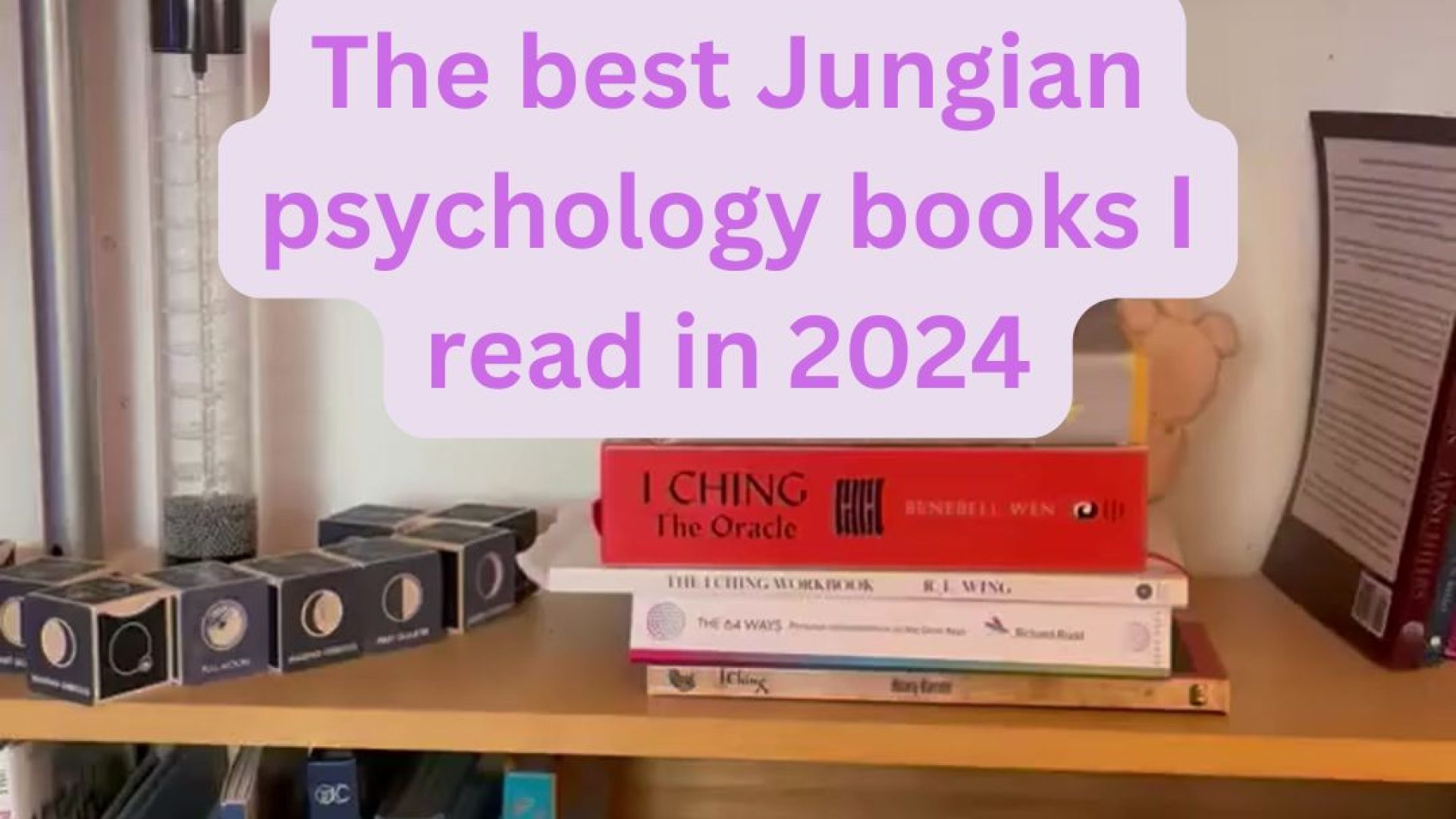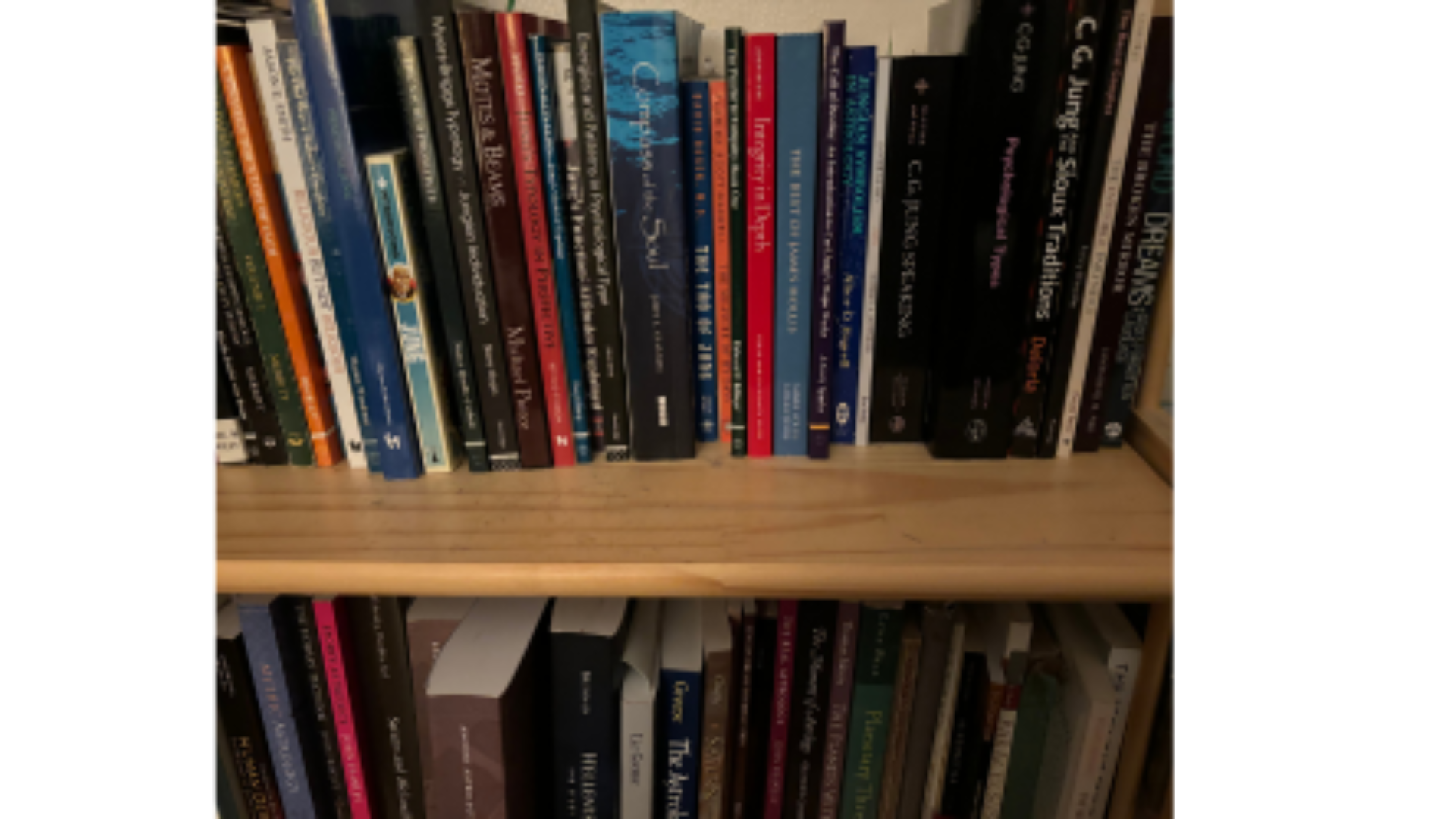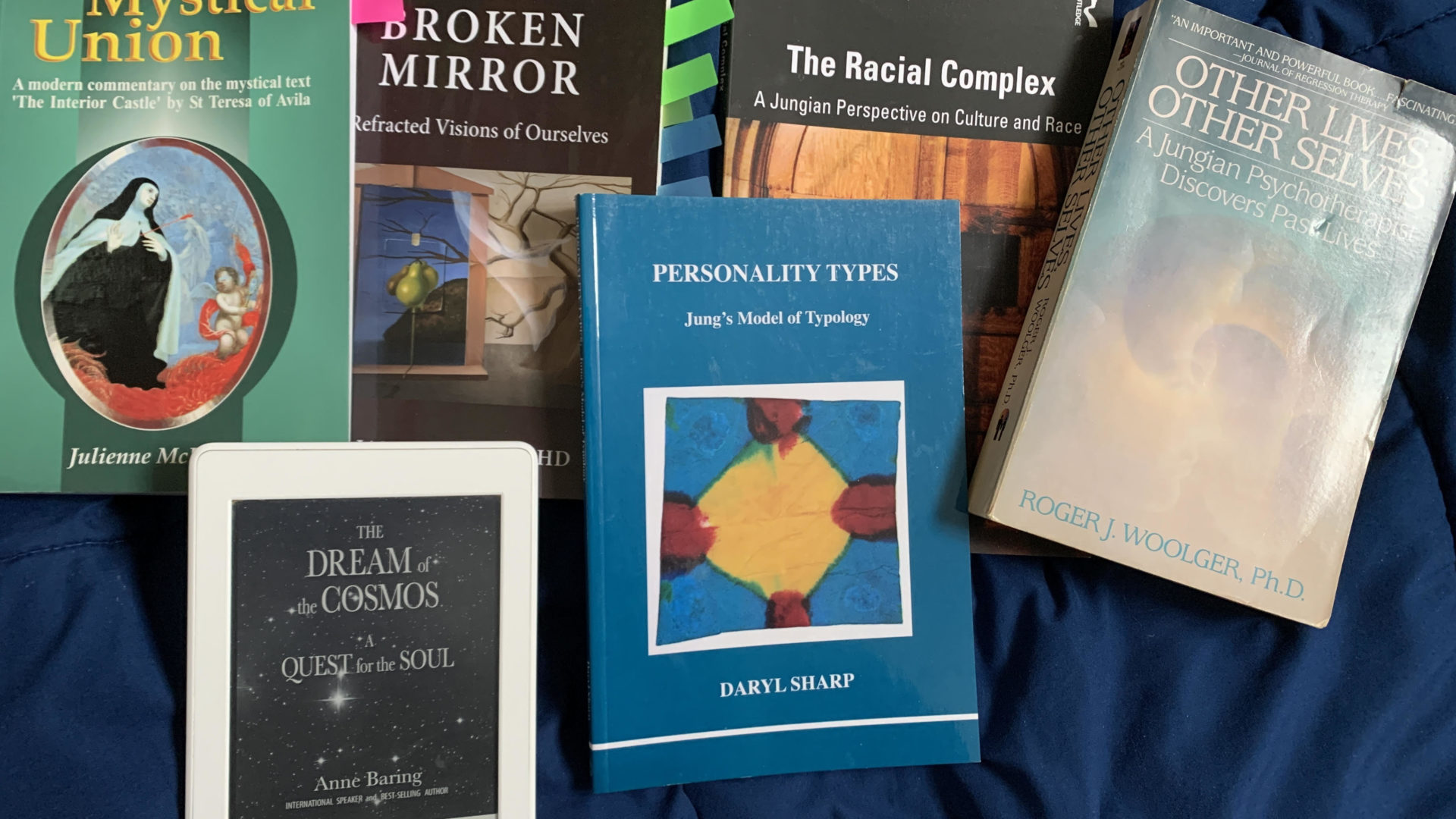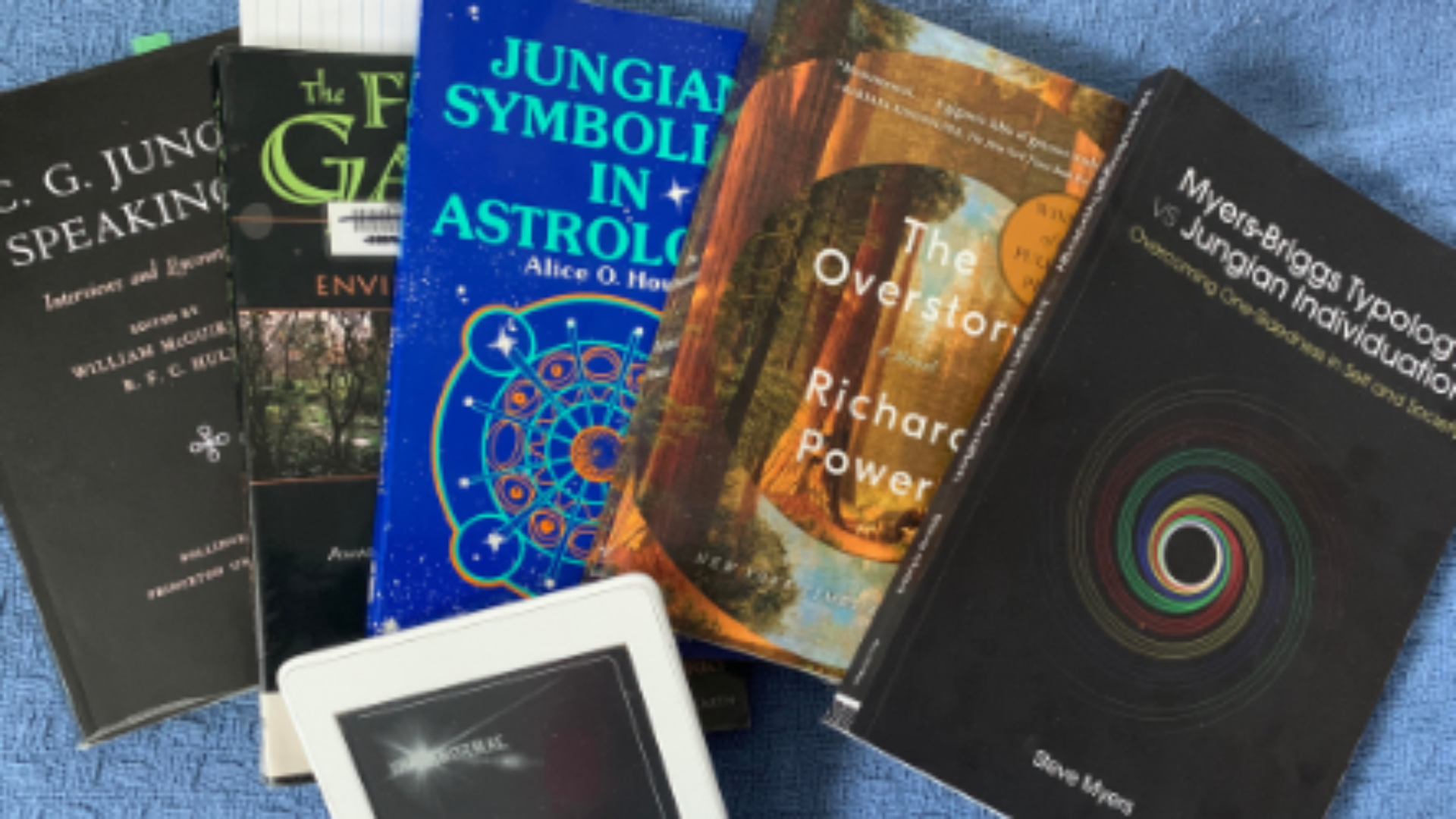How you are is who you are
How you are is who you are and not what you are said to be by your personality type, astrology chart, a medical diagnosis, job title, your role in your family, and so on.
That is a key concept of James Hillman’s “acorn theory” as described in his book The Soul’s Code: In Search of Character and Calling.
We are not able to see how any one is when we try to see by means of types, categories, classes, diagnostics. Types of any sort obscure uniqueness. (p. 124)
The acorn is “concealed invisible potential” that is visible in the how of an action. For example, it’s not that James Hollis is a Jungian writer but how he writes. It’s not that Jon Batiste is a musician but how he performs and composes music. (His song “Waldstein Wobble” is playing on repeat as I write this and I highly recommend it!)
As someone who speaks the languages of astrology and typology I, of course, see the irony here. Are not type and astrology just ways of putting people in a box, as the critics like to say?
On the contrary, astrology and typology are tools that have the potential to facilitate the “imaginative perception” that Hillman says is necessary to look “with the eye of the heart.” They also provide the language with which to craft a narrative of insight that says what we see:
To see the acorn requires an eye for the image, an eye for the show, and language to say what we see.
Failures in our loves, friendships, and families often come down to failures of imaginative perception. When we are not looking with the eye of the heart, love is indeed blind, for then we are failing to see the other person as bearer of an acorn of imaginative truth. (p. 124).
Hillman goes on to describe how psychological jargon is often used instead of describing what is really happening. For example, “your husband is not ‘mother-bound’, he whines and expects and is often paralyzed.” Defaulting to jargon happens in the astrology and type worlds too.
An example in astrology is when someone blames the planets – a sort of archetypal bypassing – when saying something like, “Mars retrograde in Cancer is making it hard to deal with my mother right now!” In actuality, astrology is divinatory; the planets are metaphoric mirrors that reflect what is happening but don’t cause things to happen. A thoughtful approach would include asking questions and exploring what material is being activated and brought to their attention regarding their relationship with their mother. From there, when the story is revealed, one can take a closer look at the archetypal ground of Mars in Cancer.
An example in typology is when someone says something like, “That’s my J talking!” It’s better to instead ask questions and explore how they used their extraverted thinking parent/caretaking function with a colleague in such a way recently that was close-minded and too focused on achieving the project’s goal.
John Beebe describes his archetypal model of typology as one that “opens life up the way a novelist does.” So, too, can astrology.
Empathy is the main requirement for imaginative perception:
[Empathy] enable[s] people to see through typical conceptions and into the heart of the other. Put yourself in your husband’s place, your wife’s, your child’s. Imagine how they feel, how would it be to be them? Imagine! Maybe you can discover a kernel of truth in their behaviors if you look again by means of imagining. (p. 125)
“To be is to be perceived,” said the Irish philosopher George Berkeley (1686-1753). We are all wounded healers of each other, whether therapists, astrologers, typologists, atheletes, or customer service representatives, it doesn’t matter. “Perception bestows blessing” as Hillman says, and by having the patience to perceive someone, we bestow blessing. “In your patience is your soul.”
How are you?
_____________________
Consultations:
Astrology Consultations
Writing:
Subscribe to the Reading in Depth monthly newsletter
Get blog posts for free by email or on Substack (also free)
Index to my popular blog posts about personality typology
